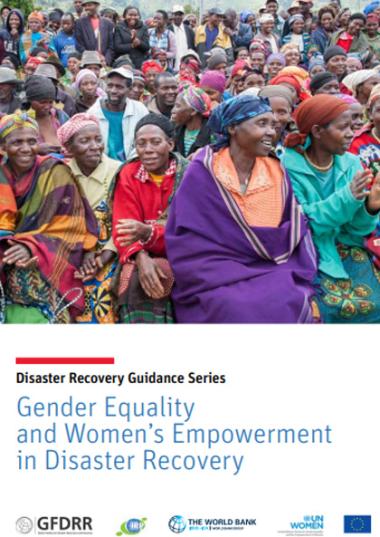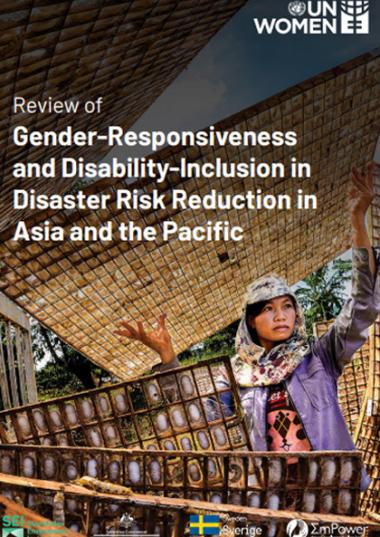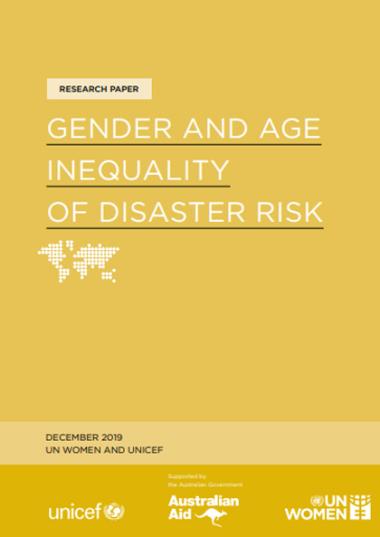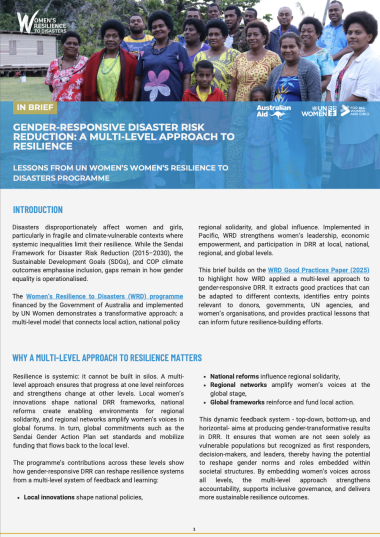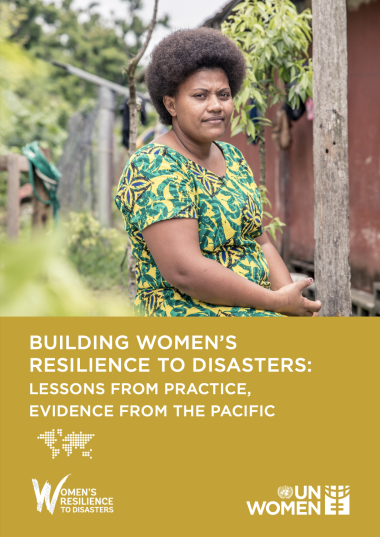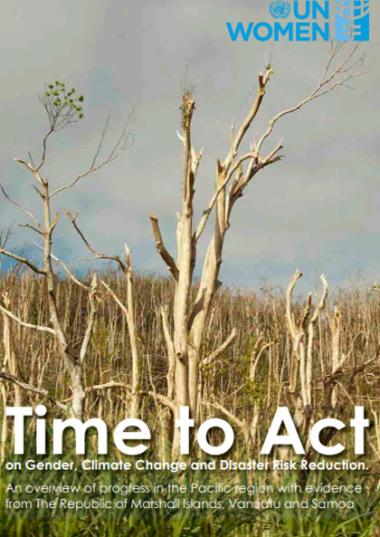
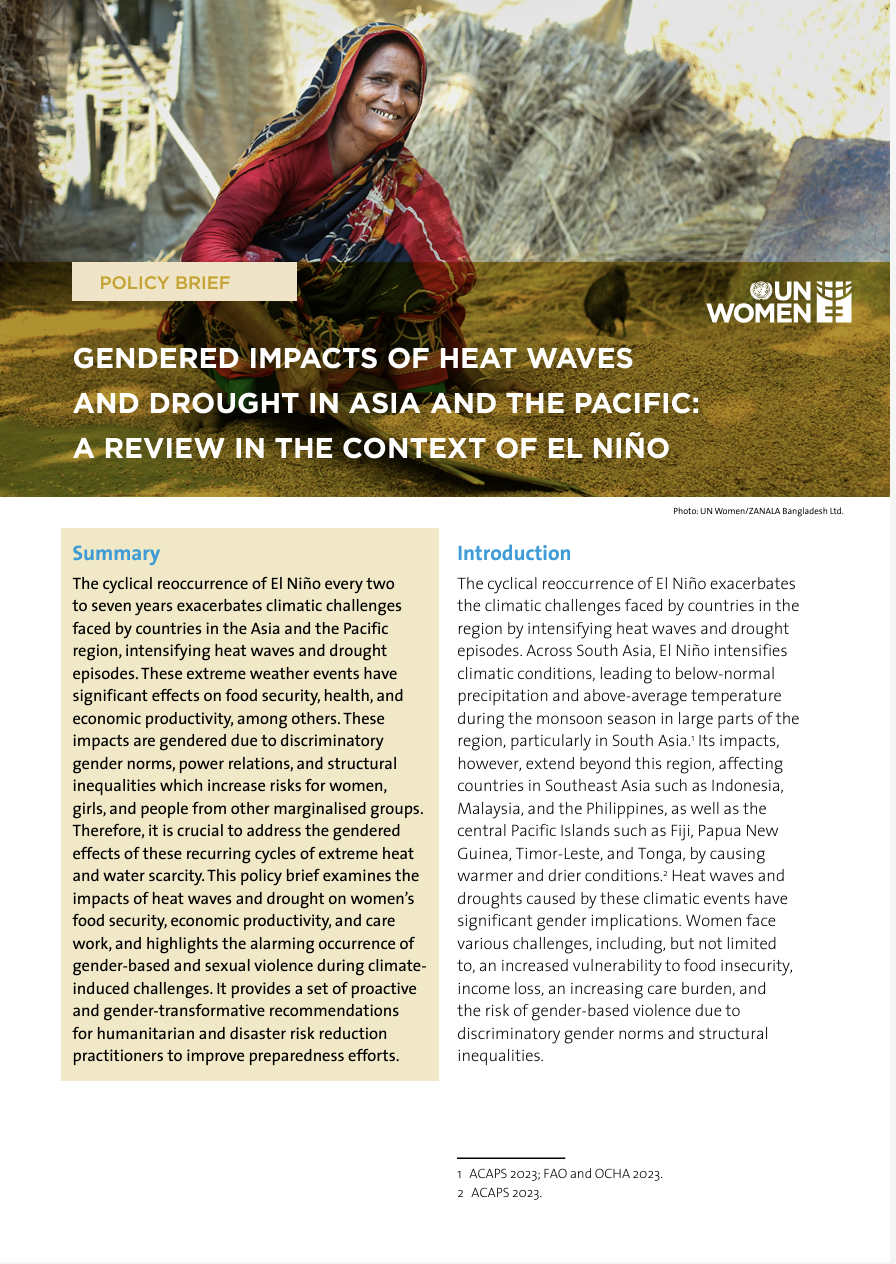
Gendered impacts of heat waves and drought in Asia and the Pacific: A review in the context of el niño
April 2024
Summary
The cyclical reoccurrence of El Niño every two to seven years exacerbates climatic challenges faced by countries in the Asia and the Pacific region, intensifying heat waves and drought episodes. These extreme weather events have significant effects on food security, health, and economic productivity, among others. These impacts are gendered due to discriminatory gender norms, power relations, and structural inequalities which increase risks for women, girls, and people from other marginalised groups.
Therefore, it is crucial to address the gendered effects of these recurring cycles of extreme heat and water scarcity. This policy brief examines the impacts of heat waves and drought on women’s food security, economic productivity, and care work, and highlights the alarming occurrence of gender-based and sexual violence during climate-induced challenges. It provides a set of proactive and gender-transformative recommendations for humanitarian and disaster risk reduction practitioners to improve preparedness efforts.
Introduction
The cyclical reoccurrence of El Niño exacerbates the climatic challenges faced by countries in the region by intensifying heat waves and drought episodes. Across South Asia, El Niño intensifies climatic conditions, leading to below-normal precipitation and above-average temperatures during the monsoon season in large parts of the region, particularly in South Asia. Its impacts, however, extend beyond this region, affecting countries in Southeast Asia such as Indonesia, Malaysia, and the Philippines, as well as the central Pacific Islands such as Fiji, Papua New Guinea, Timor-Leste, and Tonga, by causing warmer and drier conditions. Heat waves and droughts caused by these climatic events have significant gender implications. Women face various challenges, including, but not limited to, an increased vulnerability to food insecurity, income loss, an increasing care burden, and the risk of gender-based violence due to discriminatory gender norms and structural inequalities.
